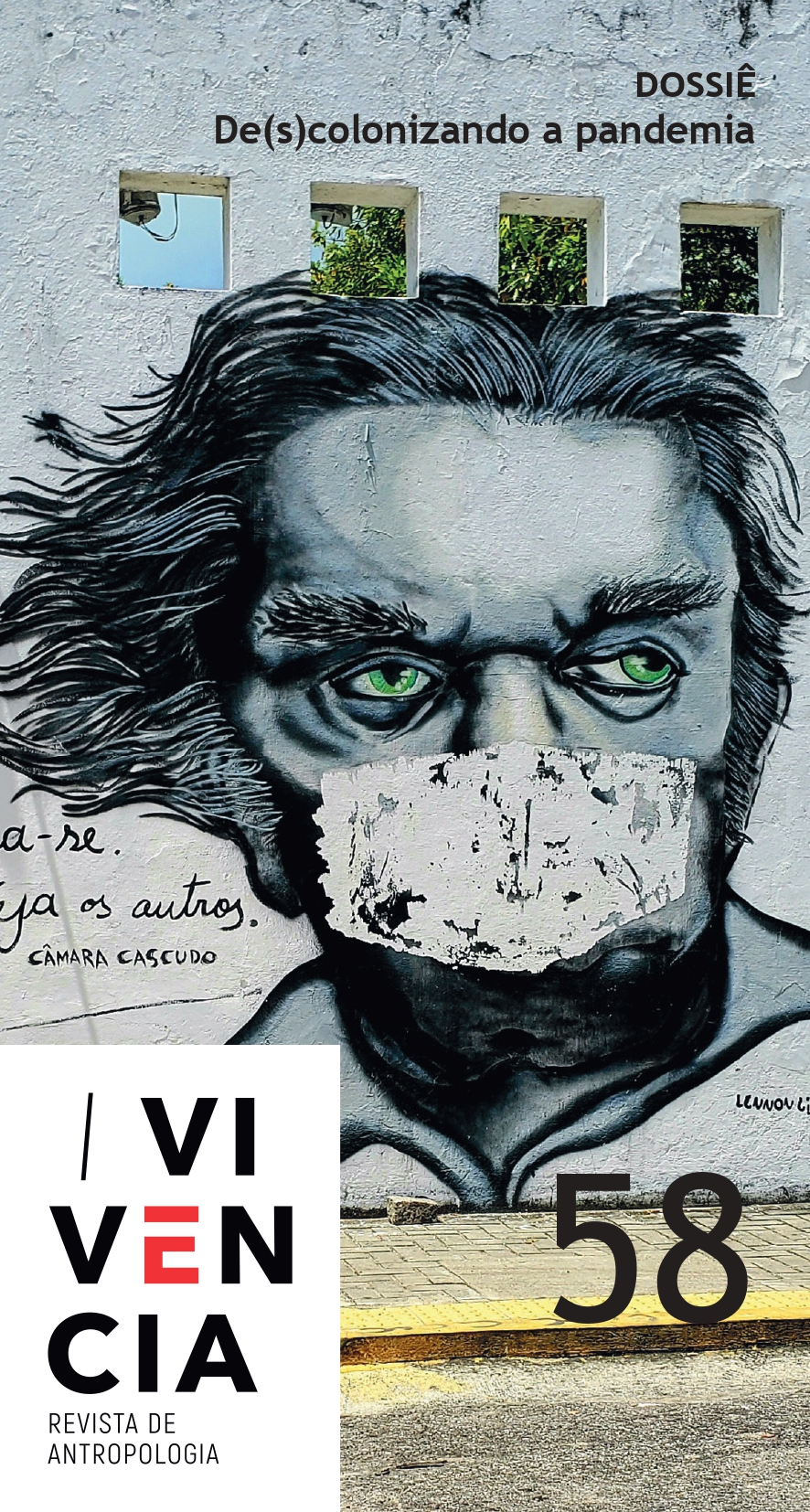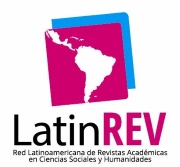TERRITORIALIDADES MODIFICADAS: OS MOVIMENTOS DE DESTERRITORIALIZAÇÃO E RETERRITORIALIZAÇÃO DA PROSTITUIÇÃO COM A COVID-19
DOI :
https://doi.org/10.21680/2238-6009.2021v1n58ID27600Résumé
O vínculo entre espaços habitados e agrupamentos humanos formados por profissionais do sexo e clientes constrói vivências qualificadas por códigos-territórios próprios e dispostos em territorialidades; que, por classificações sociais, ocupam desde zonas específicas até áreas segregadas e tomadas ao uso prostitucional. Porém, sempre sujeitas a transformações pelos contextos sociais vivenciados; como por exemplo, com as recomendações de distanciamentos e isolamentos sociais e as táticas preventivas para combater a propagação da Covid-19. Medidas que regularam e modificaram as relações urbanas e coletivas como um todo, inclusive, as da prostituição. Estas novas experiências de contato com as cidades foram capazes de transfigurar as relações sociais da prostituição às suas novas formatações organizacionais, desterritorializando suas territorialidades existentes e, reterritorializando-as, conforme as características de sua natureza. Neste processo transitório, este artigo investigou as possibilidades representativas em que a territorialidade da prostituição se constituiu durante o período pandêmico da Covid-19 em seus territórios.


 Português (Brasil)
Português (Brasil) English
English Español (España)
Español (España) Français (Canada)
Français (Canada)






